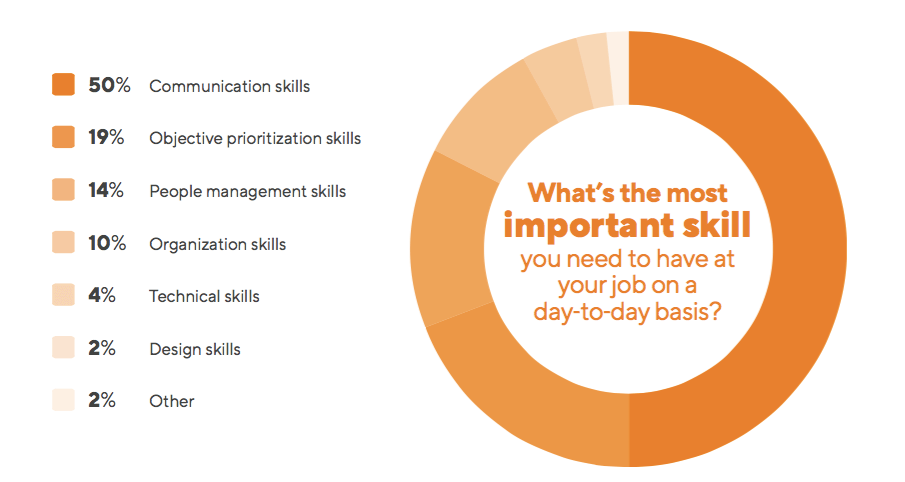Navigating the Dynamic Coding Job Market: Strategies for Success
Navigating the Dynamic Coding Job Market: Strategies for Success
The coding job market is dynamic, presenting both challenges and opportunities for aspiring developers. To succeed in this competitive landscape, it’s essential to employ effective strategies that align with the ever-evolving demands of the industry. Here are key strategies to navigate the dynamic coding job market successfully.
Staying Informed About Current Trends
In the fast-paced world of coding, staying informed about current trends is crucial. Technologies, programming languages, and frameworks can quickly shift in demand. Regularly perusing online forums, tech news, and attending networking events ensures that you are aware of the latest developments, allowing you to align your skillset with the most sought-after abilities in the market.
Building a Versatile Skillset
Versatility is key in the coding job market. Employers value candidates who can adapt to diverse projects and technologies. While having expertise in a specific programming language is important, expanding your skillset beyond a single language enhances your appeal. Learn about different frameworks, databases, and development methodologies to make yourself a more well-rounded and attractive candidate.
Showcasing Practical Experience through Projects
While a strong educational background is valuable, practical experience through coding projects can set you apart. Develop a portfolio showcasing your hands-on work, including personal projects and contributions to open-source initiatives. This tangible evidence of your coding skills provides potential employers with a real-world perspective on your capabilities.
Networking in the Coding Community
Networking is a powerful tool in the coding job market. Attend industry conferences, join online forums, and connect with professionals in your field. Networking not only opens doors to job opportunities but also exposes you to valuable insights, mentorship, and collaborative projects that can enhance your skills and visibility.
Crafting an Impressive Resume and Online Presence
Your resume is often the first impression you make on potential employers. Tailor your resume to highlight relevant skills and experiences. Additionally, establish a strong online presence through platforms like LinkedIn or personal blogs. Including a link to your portfolio and coding projects reinforces your practical abilities and makes it easier for recruiters to assess your skills.
Preparing for Technical Interviews
Technical interviews are a standard part of the coding job market. Prepare for coding challenges, algorithmic problem-solving, and system design questions. Online platforms offer practice opportunities, and participating in coding challenges on sites like LeetCode or HackerRank can enhance your problem-solving skills.
Seeking Internship Opportunities
Internships are valuable for gaining practical experience and building connections in the industry. Many companies use internships as a pipeline for full-time hires. Apply for internships that align with your interests, and use the opportunity to learn from experienced professionals while showcasing your skills in a real-world setting.
Staying Adaptable in a Changing Landscape
The coding job market is dynamic, with new technologies and trends emerging regularly. Staying adaptable is crucial for long-term success. Embrace a mindset of continuous learning, be open to exploring new languages or tools, and invest time in professional development to stay relevant and competitive in the ever-evolving coding









